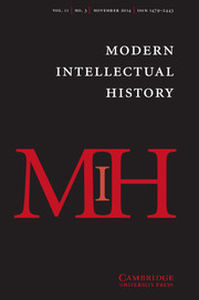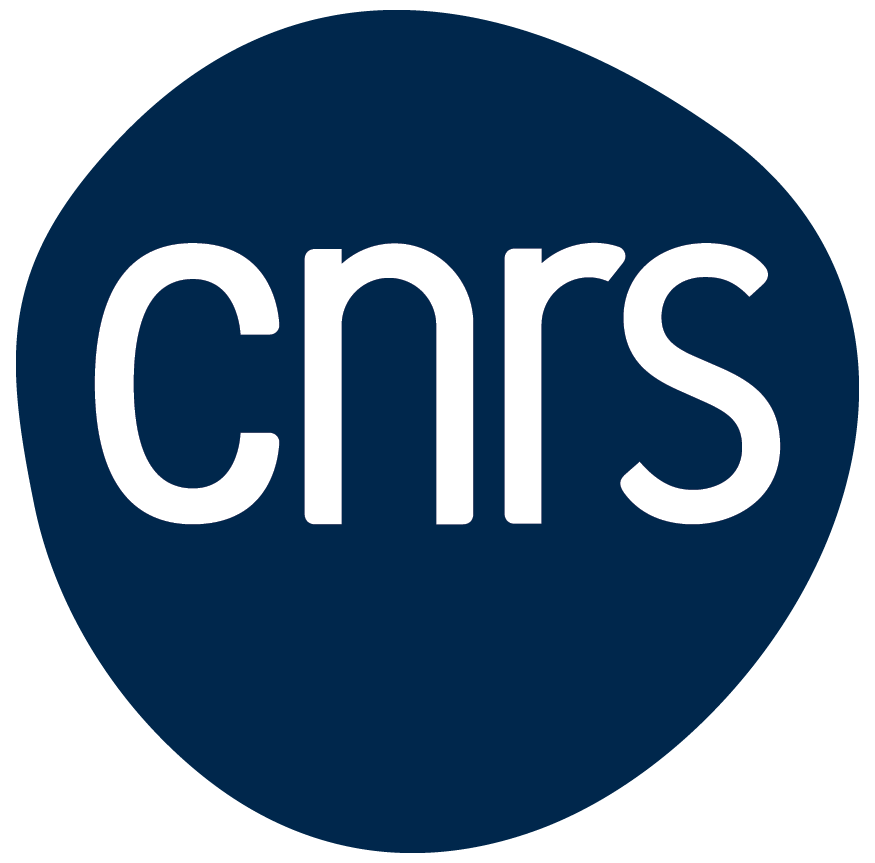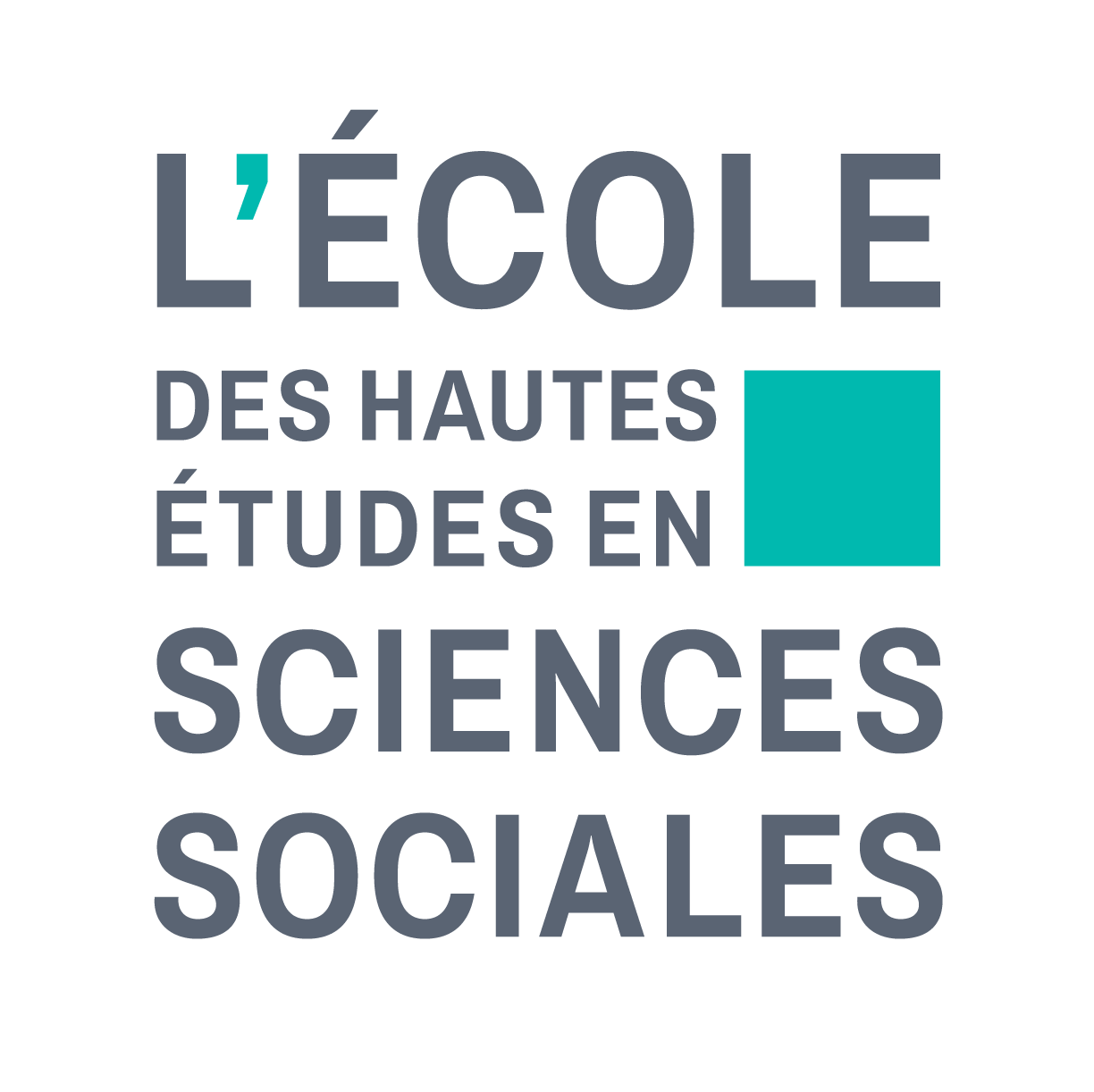Publications (2012-2024) | Parutions 2012-2014
Forum: Closeness and Distance in the Age of Enlightenment
The issues around the question of historical distance, though they have a long pedigree that goes back to Antiquity, intensified in the age of Enlightenment when, as Reinhart Kosellek has argued, eighteenth-century understandings of change as progress not only produced an accelerated sense of time, but a strong sense that history was not so much a question of identifying exemplary moments in the past, but rather a matter of charting and explaining historical change through continuous time.
The essays of this forum address the dilemmas posed by this linear, progressive view of the past, first fully elaborated in the Enlightenment and still very much alive today. They are all, in their different ways, explicit meditations on the work of one of the contributors, Mark Phillips, on historical distance. In this collective inquiry, Mark Phillips uncovers the process by which exemplary “history painting” was molded anew as a story of national progress and achievement. Miles Ogborn examines the tensions between the natural and civil histories of Jamaica and how they map onto a debate about savagery and civility that was racially inflected. John Brewer unravels the strategies of the philosophical travel writer who struggled to reconcile alterity with sympathetic understanding. Silvia Sebastiani analyses two different histories of the Americas, one in the Enlightened philosophical tradition, the other committed to the particularism of Creole and Jesuit antiquarianism. John Sachs concludes with a study in eighteenth-century time-scales, showing how scale, distance and interpretation were interconnected both textually and in graphic form.
 Actualités
Actualités
L'historien sur le métier : conversations avec Carlo Ginzburg
 Colloque - Vendredi 9 septembre 2022 - 09:00Depuis une cinquantaine d'années (la première édition de I Benedanti remonte à 1966), l'œuvre de Carlo Ginzburg ne cesse de bouleverser le métier de l'historien en lui offrant un nouveau plan d'enquête (la micro-histoire), une série de nouveaux concepts (le paradigme indiciaire entre autres), de nouveaux objets et de nouvelles inquiétudes. Ses enquêtes ont contribué à redistribuer les lignes de partage entre histoire et sciences humaines (anthropol(...)
Colloque - Vendredi 9 septembre 2022 - 09:00Depuis une cinquantaine d'années (la première édition de I Benedanti remonte à 1966), l'œuvre de Carlo Ginzburg ne cesse de bouleverser le métier de l'historien en lui offrant un nouveau plan d'enquête (la micro-histoire), une série de nouveaux concepts (le paradigme indiciaire entre autres), de nouveaux objets et de nouvelles inquiétudes. Ses enquêtes ont contribué à redistribuer les lignes de partage entre histoire et sciences humaines (anthropol(...)
"Croire en l'histoire ?"
 Table ronde - Samedi 20 novembre 2021 - 10:00Du 18 au 21 novembre se déroule à Marseille la 28è édition des recontres d'Averroès, événement invitant un large public à penser la Méditerranée des deux rives. Avec un thème différent chaque année, quatre tables rondesjalonnent les quatre jours de la manifestation, dont le programme est enrichi de différents formats (tables rondes, concerts, spectacles, lectures) en résonance avec. le thème.Dans le cadre de l'édition 2021 sur le thème "Croyance(...)
Table ronde - Samedi 20 novembre 2021 - 10:00Du 18 au 21 novembre se déroule à Marseille la 28è édition des recontres d'Averroès, événement invitant un large public à penser la Méditerranée des deux rives. Avec un thème différent chaque année, quatre tables rondesjalonnent les quatre jours de la manifestation, dont le programme est enrichi de différents formats (tables rondes, concerts, spectacles, lectures) en résonance avec. le thème.Dans le cadre de l'édition 2021 sur le thème "Croyance(...)
Autour de l'ouvrage d'Antoine Lilti
 Débat - Lundi 3 février 2020 - 14:00Les Lumières sont souvent invoquées dans l’espace public comme un combat contre l’obscurantisme, combat qu’il s’agirait seulement de réactualiser. Des lectures, totalisantes et souvent caricaturales, les associent au culte du Progrès, au libéralisme politique et à un universalisme désincarné.Or, comme le montre ici Antoine Lilti, les Lumières n’ont pas proposé une doctrine philosophique cohérente ou un projet politique commun. En confrontant des auteurs em(...)
Débat - Lundi 3 février 2020 - 14:00Les Lumières sont souvent invoquées dans l’espace public comme un combat contre l’obscurantisme, combat qu’il s’agirait seulement de réactualiser. Des lectures, totalisantes et souvent caricaturales, les associent au culte du Progrès, au libéralisme politique et à un universalisme désincarné.Or, comme le montre ici Antoine Lilti, les Lumières n’ont pas proposé une doctrine philosophique cohérente ou un projet politique commun. En confrontant des auteurs em(...)
EHESS
CRH - GEHM
54, boulevard Raspail
75006 Paris, France
Tél. : 33 (0)1 49 54 25 74
Pôle Gestion :
gilles.aissi (a) ehess.fr
Pôle Comm :
nadja.vuckovic(a) ehess.fr
Dernière modification :
17/04/2024



